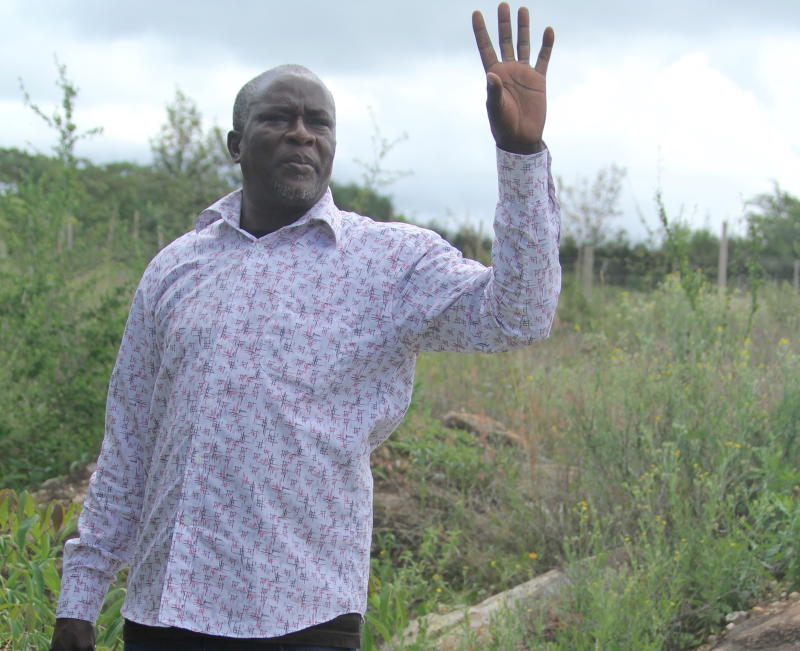×
The Standard e-Paper
Kenya’s Boldest Voice

The man was born to entertain. He was perhaps among the few politicians who could claim they knew what to do in front of a microphone. Richard Kalembe Ndile, the former ‘mheshimiwa’ for Kibwezi who died last week, was a natural.
In the five years he served as MP, Kalembe was the source of unparalleled spectacles and a common feature on TV screens in households that found the evening news refreshing. He cracked ribs but equally, rubbed many the wrong way with his unfiltered gaffes.